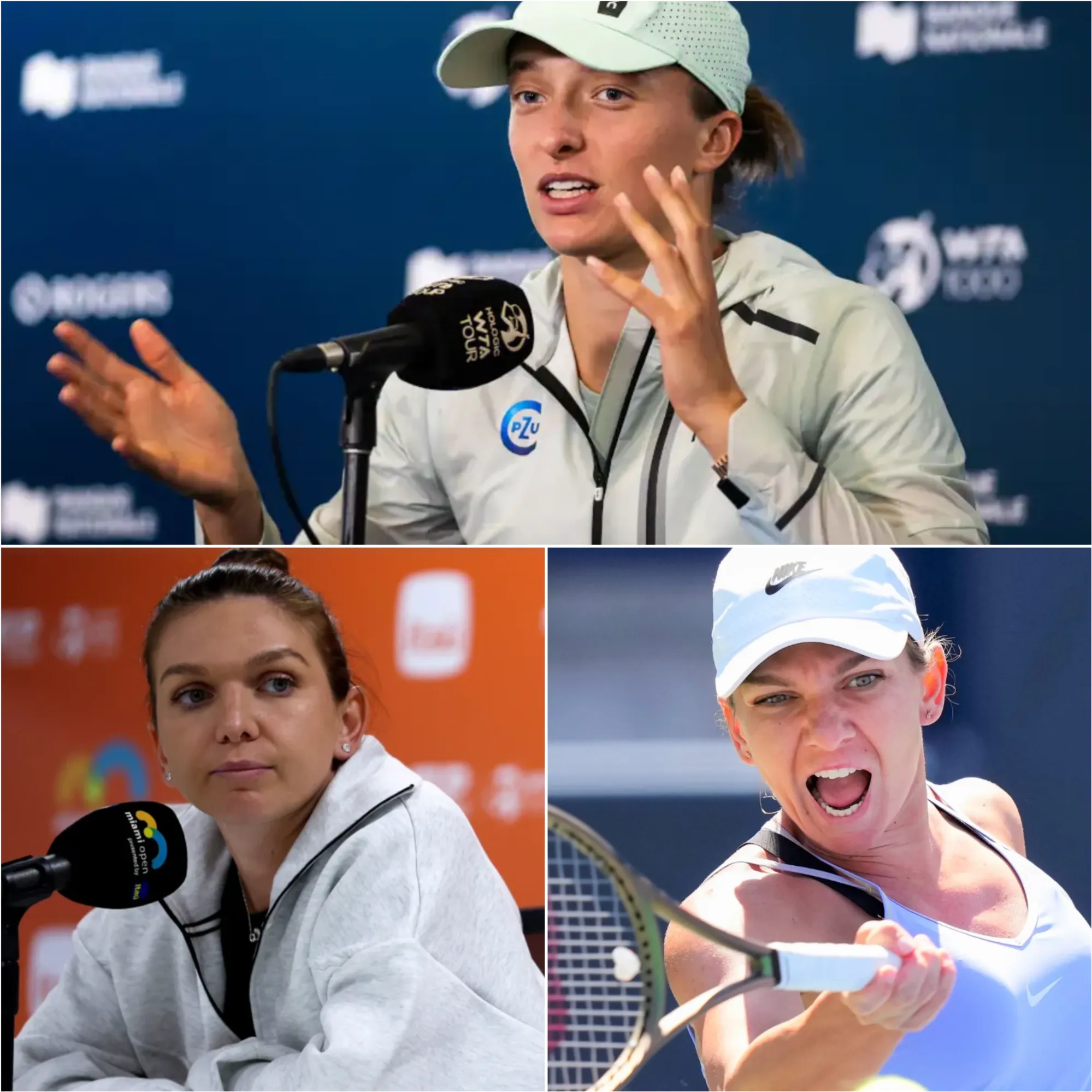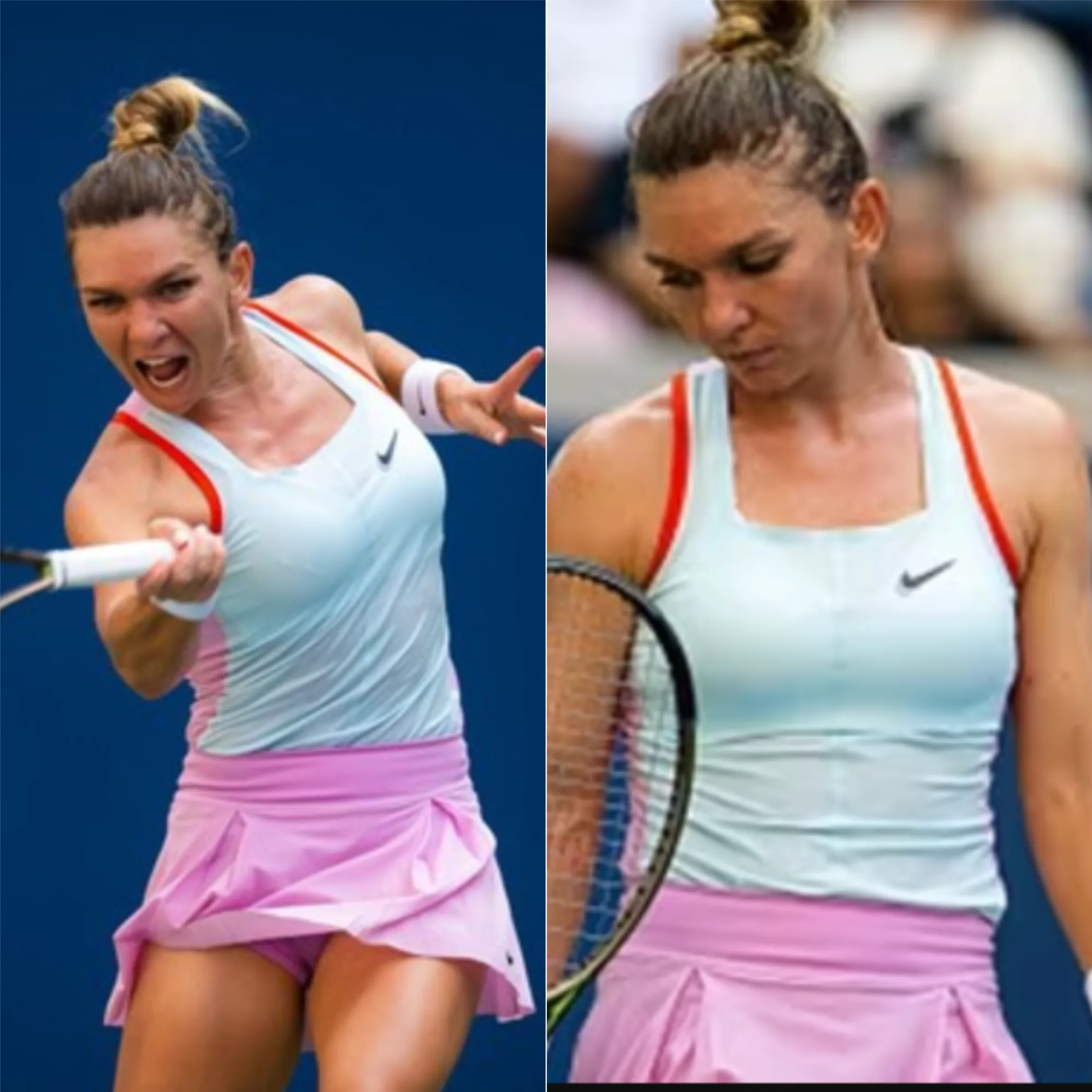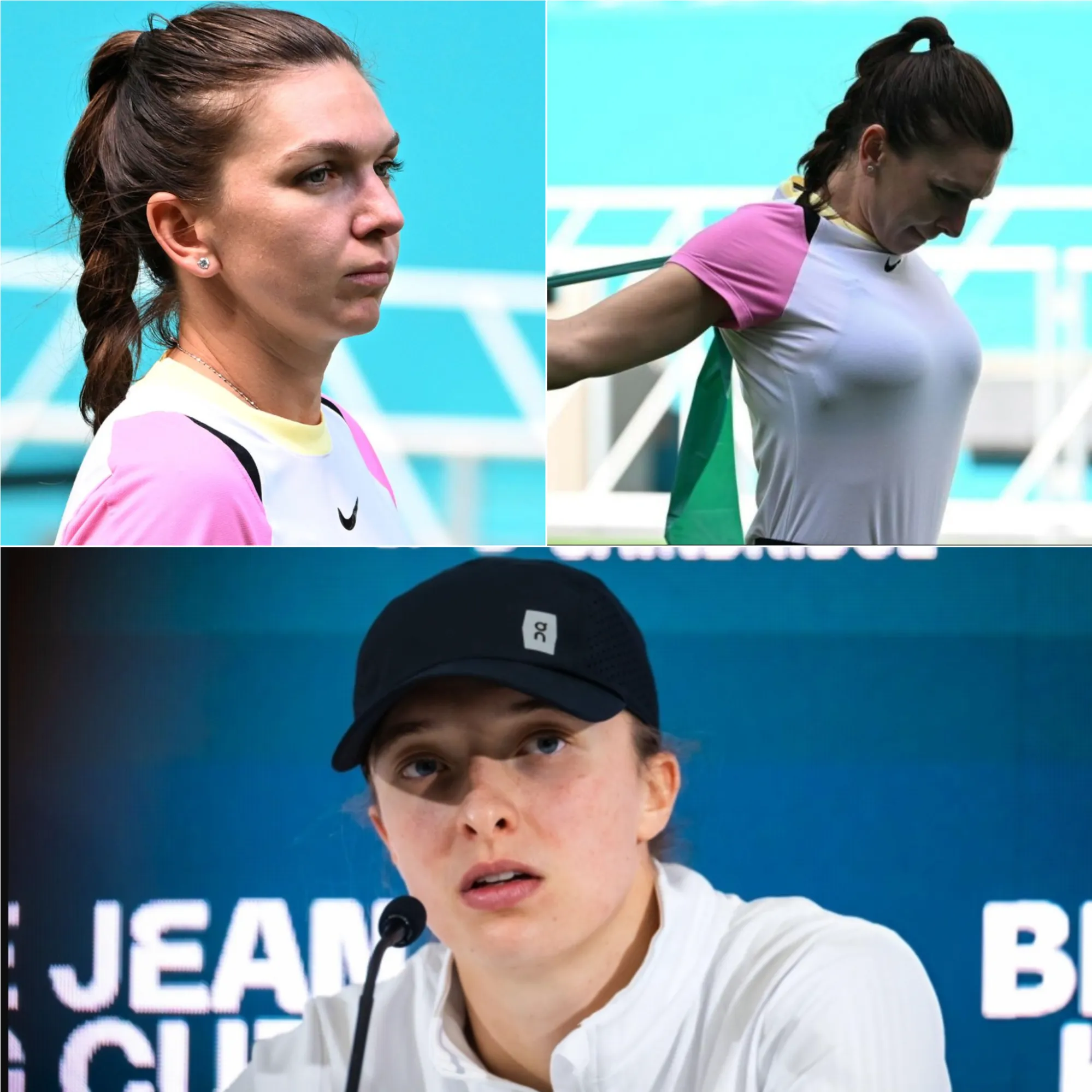Simona Halep Slams ITIA: Unfair Doping Rules Exposed

image 674c9365a4065.webp
Simona Halep Challenges ITIA Over Unequal Doping Treatment Compared to Iga Świątek
Simona Halep, the former women’s tennis world No. 1, has publicly questioned what she perceives as unequal treatment by the International Tennis Integrity Agency (ITIA) in handling doping violations. Halep compared her four-year ban to the much lighter one-month suspension handed to current tennis star Iga Świątek, sparking a heated debate over fairness in anti-doping enforcement.

Iga Świątek’s Case: A Lighter Punishment
On Thursday, the ITIA announced that Iga Świątek, the reigning tennis champion, tested positive for the banned substance trimetazidine. However, Świątek accepted a reduced one-month suspension. According to the ITIA, her “level of fault was considered to be at the lowest end of the range for ‘No Significant Fault or Negligence.’”
Świątek’s case involved a regulated medication, not a dietary supplement, with independent scientific experts agreeing on the circumstances. Additionally, Iga Świątek cooperated fully and admitted to the anti-doping rule violation.
Simona Halep’s Struggles: A Four-Year Ban
In stark contrast, Simona Halep faced harsher consequences after testing positive for Roxadustat during the 2022 US Open. She received a provisional suspension and, in September 2023, was handed a four-year ban by the ITIA. Despite maintaining her innocence, Halep lost two crucial years of her career battling these allegations.
The Court of Arbitration for Sport (CAS) eventually reduced her ban to nine months, citing a lack of intent in her violations. Still, Simona Halep voiced her frustration on Instagram, stating:
“Why is there such a big difference in treatment and judgment? It can only be bad will from the ITIA, the organization that has done absolutely everything to destroy me despite the evidence.”
The ITIA’s Defense
The International Tennis Integrity Agency (ITIA) responded to Halep’s allegations, emphasizing that every case is treated based on its unique facts and evidence, not influenced by a player’s name, ranking, or nationality.
“No two cases are the same. The product contaminated in Ms. Świątek’s case was a regulated medication. Independent experts agreed on the facts, and the player admitted the violation.”
The agency further highlighted that Simona Halep’s case was complicated by irregularities in her Athlete Biological Passport (ABP), though this charge was dismissed by CAS.
Broader Controversy in Anti-Doping Enforcement
Halep’s criticism is not an isolated incident. Earlier this year, the ITIA faced backlash over its handling of Jannik Sinner’s doping case. The men’s world No. 1 avoided suspension despite testing positive twice for Clostebol in March 2024, a banned substance linked to contamination from physiotherapy treatments.
In Sinner’s case, the World Anti-Doping Agency (WADA) has filed an appeal with CAS, arguing that the ITIA’s leniency undermines fair play.

Simona Halep’s Emotional and Professional Toll
For Simona Halep, the inconsistencies in anti-doping enforcement have been devastating. She lamented the years lost, sleepless nights, and relentless anxiety caused by the accusations. Halep added:
“How is it possible that in identical cases happening around the same time, the ITIA adopts completely different approaches to my detriment?”
A Call for Transparency and Fairness
Simona Halep’s case highlights the need for greater transparency and consistency in anti-doping enforcement. While the ITIA urges athletes to exercise caution with supplements, questions remain about whether its procedures ensure fairness across all cases.
As these controversies unfold, they spark a broader conversation about trust in sports governance and the delicate balance between accountability and equity in professional tennis.








